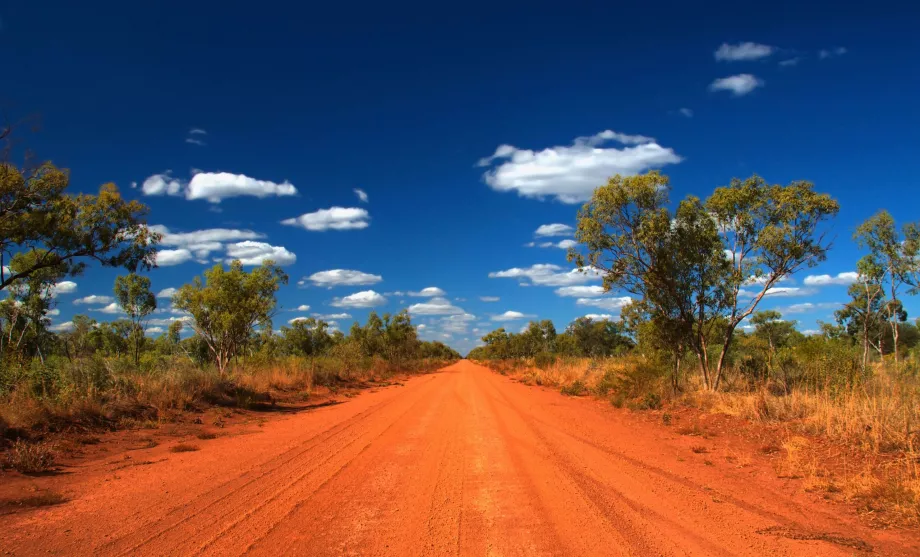Safety and security in Australia

What are the health risks in Australia? Is it safe and where are the places with the highest crime rates?
The 10 best hotels in Australia
Compulsory vaccinations
There are no compulsory vaccinations to Australia and a vaccination card is not required on arrival.
The risk of tropical and exotic diseases is absolutely minimal even when travelling to the northern tropics of the country.
Health risks
Australia is one of the most developed countries in the world with a very good health care system that is well accessible in populated areas.
Good health insurance is a must as you will have to pay for all treatment locally. Amounts can run into hundreds or thousands of Australian dollars. The local health system works by recovering the amount from you after the necessary treatments have been carried out.
Australia currently has reciprocal healthcare agreements with 11 countries. Citizens of these countries therefore pay nothing for basic treatment in Australia:
- Belgium, Finland, Ireland, Italy, Malta, Netherlands, New Zealand, Norway, Slovenia, Sweden, United Kingdom
Drinking water
Mains water is drinkable in all areas of Australia.
Dangerous animals
Australia is known, with exaggeration, as the country where every living thing wants to bite or eat you.
There are a plethora of animals living here, many of which are dangerous to humans. However, if you are in cities or tourist areas, the chances of encountering a dangerous animal are very, very small.
Sea creatures
The waters of Australia statistically have the highest number of shark attacks on humans. However, you have to take into account the enormously long coastline, which skews the statistics compared to much smaller states.
Most sharks and other dangerous animals such as poisonous jellyfish are found around the east coast, particularly in the states of Queensland and New South Wales.
On average, there are between 2 and 4 shark attacks on humans per year.
Snakes and venomous spiders
The country has the largest number of deadly venomous snakes and spiders in the world.
Venomous snakes and spiders are found throughout Australia. Tasmania has the lowest number of species and total animals.
You will encounter spiders and snakes mainly in dense forests and vegetation, and if you stay on hiking trails, the chances of unwanted encounters with such animals will be very slim.
Stray dogs
Australia is one of the countries where stray dogs are not found.
Crime
Australia is a very safe country, in fact one of the safest in the world.
The crime rate is extremely low and is slowly decreasing.
There is almost no danger to tourists in this respect. The only place to be cautious is on public transport and on the beaches, where pickpockets may be present, but even crime of this kind is very low in Australia.
Disaster risk
The entire east coast is at risk from tropical cyclones and storms from about November to April. On average, there are 1-2 severe tropical storms per year, usually once every 2 years, with significant flooding as a result.
However, most of these events are localised and concentrated on a small part of the coastline (most commonly the state of Queensland).
The biggest natural disaster is forest fires, which can occur throughout Australia in the summer (November to April). However, there is a good early warning system in place and the risk of being caught in a forest fire area is not great.
However, be sure to follow all regulations regarding the prohibition of open fires in the countryside.
Strong earthquakes are not common in Australia.
Important contacts
You should know the following phone numbers when in Australia.
- Universal emergency number for police, fire and rescue services - 000
An alternative is to use 112.
Australia's international telephone code is +61.
Any questions left?
If you have any questions or comments about the article...

